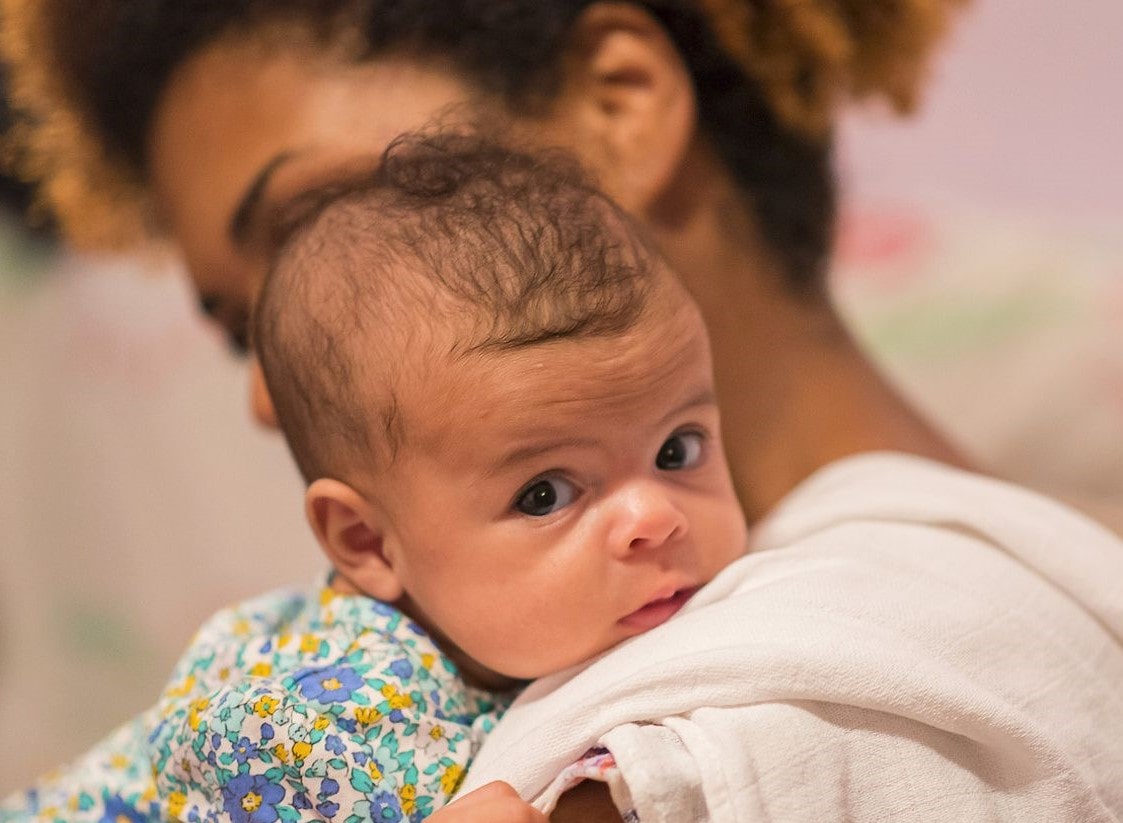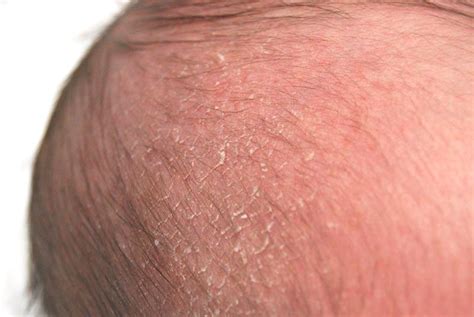Your baby’s umbilical cord is made of tissue that protects and insulates the veins responsible for carrying blood to and from mom and baby during pregnancy. In addition to playing the role of protector, your baby’s umbilical cord tissue is packed with several types of stem cells, including Mesenchymal Stem Cells (MSCs), which are different than the Hematopoietic Stem Cells (HSCs) found in abundance in cord blood.
Mesenchymal Stem Cells (MSCs) can rapidly divide, regenerate, and differentiate into many cell types including neural cells, bone cells, and cartilage. They also have the ability to respond to inflammation and aid in tissue repair. These unique qualities have researchers excited about their potential to help improve certain conditions affecting cartilage, muscle and nerve cells.
What is Cord Blood & Cord Tissue Banking?
After your baby is born, stem cells from the cord blood and tissue can be collected and saved for potential future use. This process is known as banking. If you’re considering banking your baby’s cord blood and cord tissue stem cells, be sure to choose a cord blood bank accredited by the American Association of Blood Banks (AABB), like ViaCord.
Why should I bank my baby’s cord blood & cord tissue stem cells?
Cord tissue banking allows families to secure an additional source of stem cells that work in a different way than cord blood stem cells do. Cord tissue banking is the process of collecting the umbilical cord tissue (after the cord blood has been collected) and cryogenically freezing the stem cells within for potential future medical use.
When it comes to cord tissue banking, it’s important to understand how the umbilical cord tissue tissue is processed and stored, as it varies among cord tissue services.
ViaCord, a sponsor of the American Pregnancy Association goes the extra mile to extract the cord tissue cells prior to freezing and storage, so your cells will be ready to use if needed. Some banks simply store segments of the cord tissue, without extracting the stem cells first, resulting in a final product that is not ready for use.
Why is collecting cord tissue Important?
Although cord tissue stem cells have no proven uses yet, their unique qualities, such as their ability to respond to inflammation, help the immune system, and aid in tissue repair have scientists and researchers very excited about their potential use. A significant amount of research is underway to better understand how MSCs from cord tissue could play a role in future therapies that could benefit from their properties, like:
- Parkinson’s disease
- Alzheimer’s
Autism - Type 1 diabetes
- Lung cancer
- Rheumatoid arthritis
- Sports injuries (cartilage)
- Lupus
and More
In fact, scientists and researchers are interested in MSCs from cord tissue to help possibly heal damage done by COVID-19. Clinical Research Studies are underway using stem cells from cord tissue in the treatment of Covid-19. The studies are very small, and results are not published, however it shows how versatile and potentially valuable cord tissue stem cells are. Click on the studies below for more details:
University of Miami (USA)
Wuhan Union Hospital (China)
The range of conditions using MSCs in trials demonstrates their great potential and is a reason why more and more families are choosing to bank their baby’s cord tissue.
Who Can Use Your Baby’s Cord Tissue?
When it comes to using your baby’s cord tissue stem cells, immediate biological family members may also benefit. Compatibility is a reason why families bank cord tissue.
How are they collected?
Whether you have a C-section or vaginal delivery, the collection process is non-disruptive to you or your baby. Because the stem cells are collected after the umbilical cord has been cut, there is absolutely no discomfort or danger to your baby, making the process completely safe. Even if you choose delayed cord clamping, you can still do the collection.
The collection process:
- Cord Blood: After your baby is born, your medical professional will clamp and cut the umbilical cord. After thoroughly cleaning the cord, a needle will used to collect the cord blood and insert it into a collection bag.
- Cord Tissue: Once the blood is removed from the umbilical cord, your doctor will cut a segment of the tissue, thoroughly clean it, and place it in a collection cup.
What happens after the collection?
Once the collection is complete, your baby’s cord blood and cord tissue stem cells will be transported to a lab for processing and storage. When researching cord blood banks, be sure to choose a facility accredited by the American Association of Blood Banks (AABB) for handling, processing and storing stem cells. ViaCord is the only bank to receive AABB accreditation for processing and storing newborn stem cells from both cord blood and cord tissue. Accreditation validates the quality of banking services. To learn more about their special collection, processing and storage methods call 1-866-384-0476.
How much does cord blood and cord tissue banking cost?
There are usually two fees involved in cord blood and cord tissue banking. The first an initial fee that covers enrollment, collection, and storage for the first year. The second is an annual storage fee. The initial fee for some cord blood banks may vary depending on the length of storage. Many cord blood banks offer prepaid plans and payment plans.
What if I choose to donate my baby’s cord blood and cord tissue stem cells?
Donating your baby’s cord blood and cord tissue stem cells could make a life changing difference for another family in need. From cord blood foundations to non-profits and medical facilities, there are numerous locations that will collect, process, and use the stem cells from your baby’s cord blood and cord tissue to treat other people. As with any other donation, there is no cost to donate it.
Click here to find a public cord blood donation site in your area.
Where can I get more information about cord blood and cord tissue banking services?
With a little research, you should also be able to locate a credible cord blood and tissue bank online.
For information about cord blood banking, click or call ViaCord toll-free at 1-866-384-0476
Compiled using information from the following sources:
https://www.viacord.com/references
Read more:






